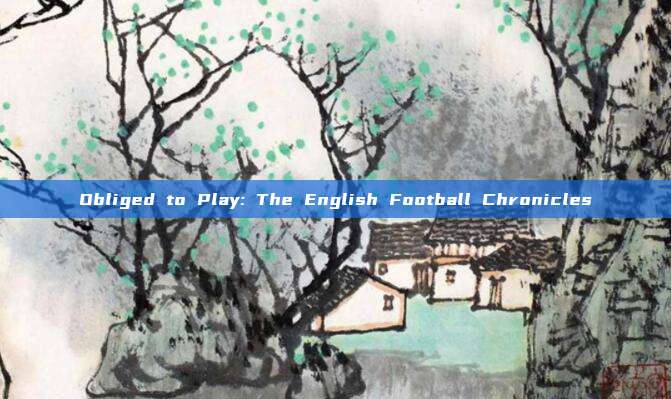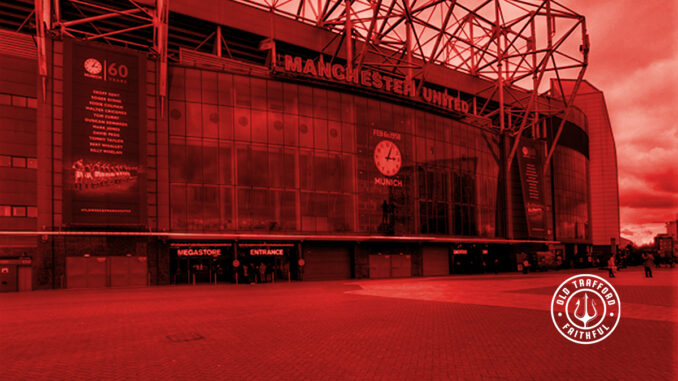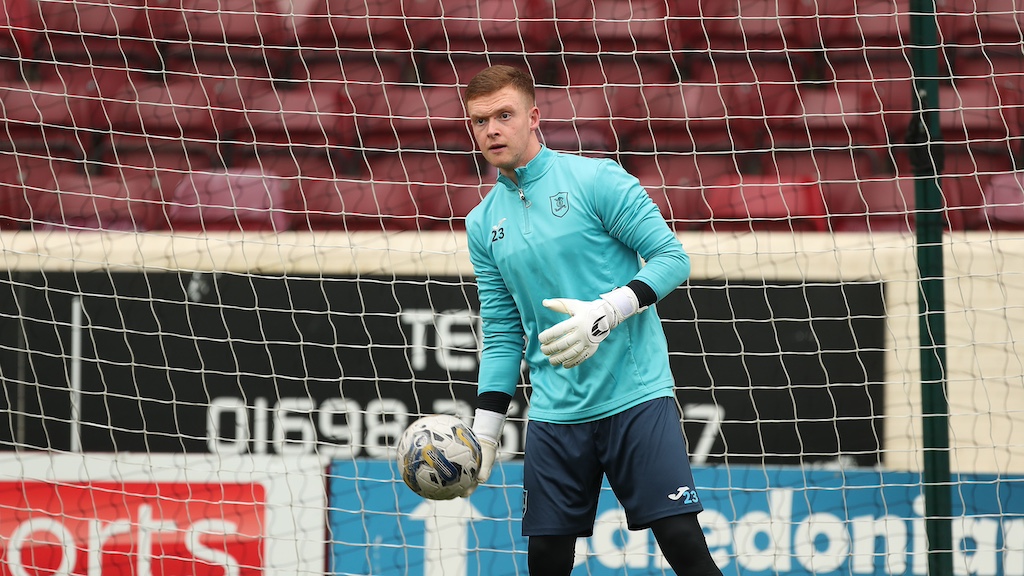 原标题:Obliged to Play: The English Football Chronicles
原标题:Obliged to Play: The English Football Chronicles
导读:
在绿茵场上,英格兰足球不仅是一项运动,更是国家身份的象征。从早期的无序比赛到现代英超联赛的辉煌,这段历程见证了无数传奇球队与球星的崛起。随着技术进步和社会媒体的发展,这项运动不...
**Obliged to Play: The English Football Chronicles**

---
### The Eternal Dance of Grass and Cleats
In the heart of the green isles, where the mist meets the morning dew, there lies a story—a saga woven from the threads of passion, grit, and glory. This is the chronicle of English football, a tale not just of games and goals but of a nation's identity, bound tightly to the ebb and flow of ninety minutes on the pitch.
---
### Chapter One: The Birth of a Nation's Obsession
The origins of this obsession are shrouded in the mists of time, yet one thing remains clear: the game was born from the soil of England, nurtured by the sweat and dreams of its people. In the early days, football was a rough, unstructured affair played by working-class men, their bodies and souls intertwined with the very fabric of the sport. It was a game that transcended class and creed, uniting all under the banner of a shared love for the beautiful game.

As the Industrial Revolution swept across the land, factories and mills dotted the landscape, transforming the countryside into a bustling hub of activity. Amidst this backdrop, the first football clubs emerged, each a beacon of hope and camaraderie in an otherwise monotonous existence. These clubs were more than mere teams; they were symbols of community, a source of pride and identity for those who called England home.
---
### Chapter Two: The Rise of the Leagues
With the formation of the Football Association (FA) in 1863, the foundations were laid for what would become one of the most prestigious competitions in the world: the English Football League. This marked the beginning of a new era, one characterized by organization, professionalism, and fierce competition.
The inaugural season of the Football League in 1888 saw twelve founding members take to the field, each vying for supremacy. Among them were names that would become synonymous with success and tradition—Preston North End, Blackburn Rovers, and Burnley, to name a few. These pioneers paved the way for generations to come, setting the stage for a league that would captivate millions around the globe.
---
### Chapter Three: Glory and Grit
Over the years, English football has seen its fair share of triumphs and tragedies. The early 20th century witnessed the rise of legendary teams such as Sunderland and Aston Villa, both of whom dominated the domestic scene with a brand of football that combined technical skill with an unwavering spirit.
However, it was the post-war period that truly solidified English football's place in the hearts of its fans. The 1950s and 1960s saw the emergence of iconic figures like Stanley Matthews and Tom Finney, whose performances on the pitch became the stuff of legend. These golden years also brought about significant changes, including the introduction of floodlights, which allowed matches to be played in the evening, further increasing the sport's accessibility and appeal.
---
### Chapter Four: The European Stage
While the domestic leagues flourished, English clubs began to make their mark on the international stage. The 1970s and 1980s were particularly fruitful, with Liverpool and Nottingham Forest dominating European competitions. The Reds' triumphs in the European Cup, now known as the UEFA Champions League, cemented their status as one of the greatest sides in the history of the game. Meanwhile, Nottingham Forest's back-to-back victories in 1979 and 1980 showcased the depth of talent and tactical acumen within English football.
Yet, the 1980s also brought tragedy, with the Heysel Stadium disaster in 1985 casting a shadow over the sport. This incident led to a ban on English clubs participating in European competitions, a dark period that lasted until the early 1990s. Despite this setback, the resolve of English football only grew stronger, setting the stage for a resurgence that would redefine the sport in the modern era.
---
### Chapter Five: The Premier League Era
The creation of the Premier League in 1992 marked a turning point in the history of English football. Designed to capitalize on the commercial potential of the sport, the new league attracted significant investment, leading to improvements in infrastructure, marketing, and player recruitment.
Under the bright lights of the Premier League, clubs like Manchester United, Arsenal, and Chelsea rose to prominence, becoming global powerhouses with fan bases spanning continents. The arrival of foreign managers and players added a new dimension to the game, blending traditional English grit with continental flair. The likes of Arsène Wenger, José Mourinho, and Sir Alex Ferguson became household names, their tactical masterminds shaping the landscape of the sport.
---

### Chapter Six: The Modern Game
As the 21st century dawned, English football continued to evolve, driven by technological advancements and a renewed focus on youth development. The introduction of video assistant referee (VAR) technology in recent years has sparked debate but ultimately aims to ensure fairness and accuracy in decision-making.
Off the pitch, clubs have embraced social media and digital platforms to engage with fans, creating a sense of community that transcends geographical boundaries. The grassroots level has also received increased attention, with initiatives aimed at nurturing the next generation of talent and promoting inclusivity.
---
### Epilogue: A Legacy Forged in Turf
Today, English football stands as a testament to the enduring spirit of a nation. From the rolling hills of Lancashire to the bustling streets of London, the game continues to unite communities, inspire dreams, and create memories that last a lifetime. As long as the grass remains green and the cleats meet the turf, the chronicles of English football will continue to unfold, a living, breathing narrative that captures the essence of a sport loved by millions.

In every goal scored, every tackle made, and every cheer echoed through the stadiums, one can hear the heartbeat of England, a rhythm that has been beating since the dawn of the beautiful game. And so, the dance between the grass and the cleats goes on, a timeless tradition that binds us all, reminding us that we are, indeed, obliged to play.
 原标题:Obliged to Play: The English Football Chronicles
原标题:Obliged to Play: The English Football Chronicles








还没有评论,来说两句吧...